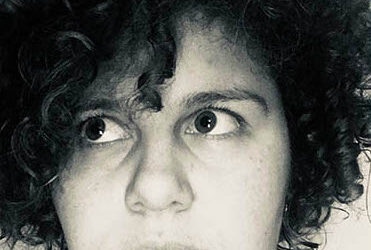Recorded on February 19, 2021, this video features a lecture by Joan Donovan, Research Director for the Shorenstein Center on Media, Politics and Public Policy at Harvard University. This event was presented as part of the “Solidarity and Strife: Democracies in a Time of Pandemic” initiative, funded by the Social Science Research Council (SSRC) and co-sponsored by the University of California, Berkeley’s Social Science Matrix and the D-Lab.
Dr. Donovan leads the field in examining internet and technology studies, online extremism, media manipulation, and disinformation campaigns. Dr. Donovan leads The Technology and Social Change Project (TaSC), which explores how media manipulation is a means to control public conversation, derail democracy, and disrupt society. TaSC conducts research, develops methods, and facilitates workshops for journalists, policy makers, technologists, and civil society organizations on how to detect, document, and debunk media manipulation campaigns. Dr. Donovan’s research and teaching interests are focused on media manipulation, effects of disinformation campaigns, and adversarial media movements.
“I am a sociologist and an ethnographer by trade,” she said. “One of the things we really try to help people understand is that you don’t need an advanced degree in data science (though sometimes it’s nice) to do this kind of work. What you really need is a mind for sniffing out the BS. You really need to try to figure out what kind of power is at play, who is being manipulated, and what kind of content is being used? And then of course, as the sociologist, the question for me is always, who is being harmed? What kind of social institution is in the crosshairs of misinformation at scale?”
In her talk, Donovan draws important distinctions between disinformation and misinformation, and she uses case studies to illuminate how misinformation spreads. “When I’m thinking about this pandemic moment, I’m really thinking about, what is people’s access to timely local, relevant, and accurate information?” she explained. “And how is the presence of disinformation disrupting or displacing our human right to truth? But I also know that we’re living in a bit of pandemonium…. We’re looking at an evil spirit, a divine power, a kind of an intentional moment in which chaos reigns. And so with the pandemic, of course, I feel like we’re living through pandemonium.”


